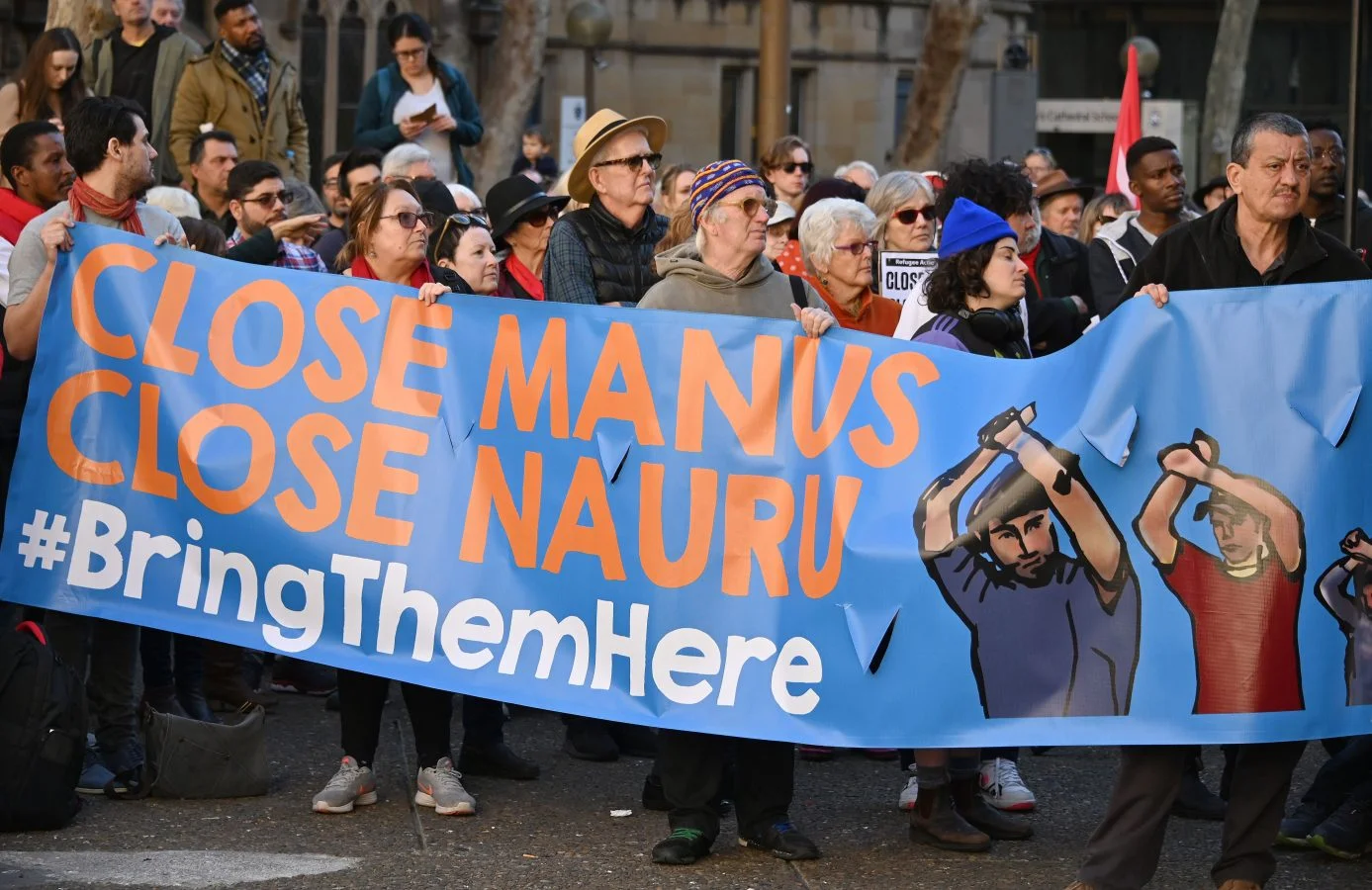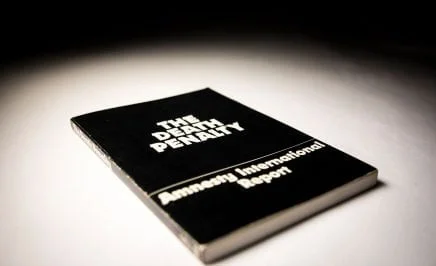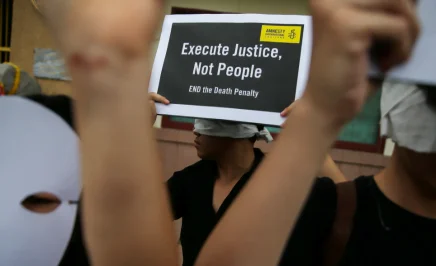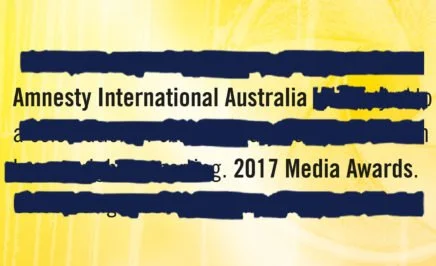The publication of Amnesty International’s annual flagship report should be a wake-up call to Australians for the country’s record on Indigenous rights, asylum seekers as well as threats to freedom of the press and the right to protest.
‘Human Rights in Asia-Pacific: A review of 2019’, which includes a detailed analysis of human rights developments in 25 countries and territories, describes how a new generation of activists are fighting back against brutal crackdowns on dissent and widespread political censorship.
“It should be a source of great alarm that while our government defends pro-democracy protestors in Hong Kong, in the same breath, it advocates cracking down on peaceful protests on our own shores,” Amnesty International Australia National Director Sam Klintworth said.
Legislation recently passed by Queensland and proposed Tasmanian legislation are further indications that Australians’ right to assembly and peaceful protest are being actively eroded by our lawmakers.
Indigenous rights
Australia’s record on the rights of its First National Peoples also presents a stark contrast to the idea of the fair go, which appears not to be available to everyone. Indigenous people continue to be hugely over-represented in the country’s jails.
Australia detained children as young as 10. On an average night, nearly three in five (59%) children aged 10 to 17 in detention were Indigenous, despite Indigenous children making up only 5% of the population aged 10 to 17.
“Early intervention and prevention are key. Indigenous communities already have the answers – they know the best ways to support and mentor Indigenous children. Governments need to support Indigenous-led programs that keep children strong, healthy and connected to culture,” Klintworth said.
Four Indigenous people also died in prisons or at the hands of police over the course of the 2019.
Refugees and asylum seekers
The Australian government continued to detain refugees and asylum seekers who arrived by boat offshore in Papua New Guinea (PNG) and on Nauru, marking the seventh year since the reintroduction of its offshore processing and settlement policy.
“Australia blatantly flouts its obligations to the United Nations Refugee Convention by our hardline policies, which let’s not forget, have resulted in the death of 12 people under our ‘protection’ – and I use that term loosely, because we don’t seem to be doing a very good job of protecting these vulnerable people,” Klintworth said.
Freedom of expression
Media freedom came under attack when the Australian Federal Police raided a journalist’s home and the ABC’s headquarters, following reporting on Australian defence force abuses in Afghanistan and government plans to expand surveillance powers.
“All of these developments point to the glaring need for Australia to have a Federal Human Rights Act. It seems incredible, but we are the only western country without one,” Klintworth said.
“A Human Rights Act would provide a range of enforceable remedies for breaches of human rights and enable everyone to seek justice if their rights have been violated. This will protect all of us.”





